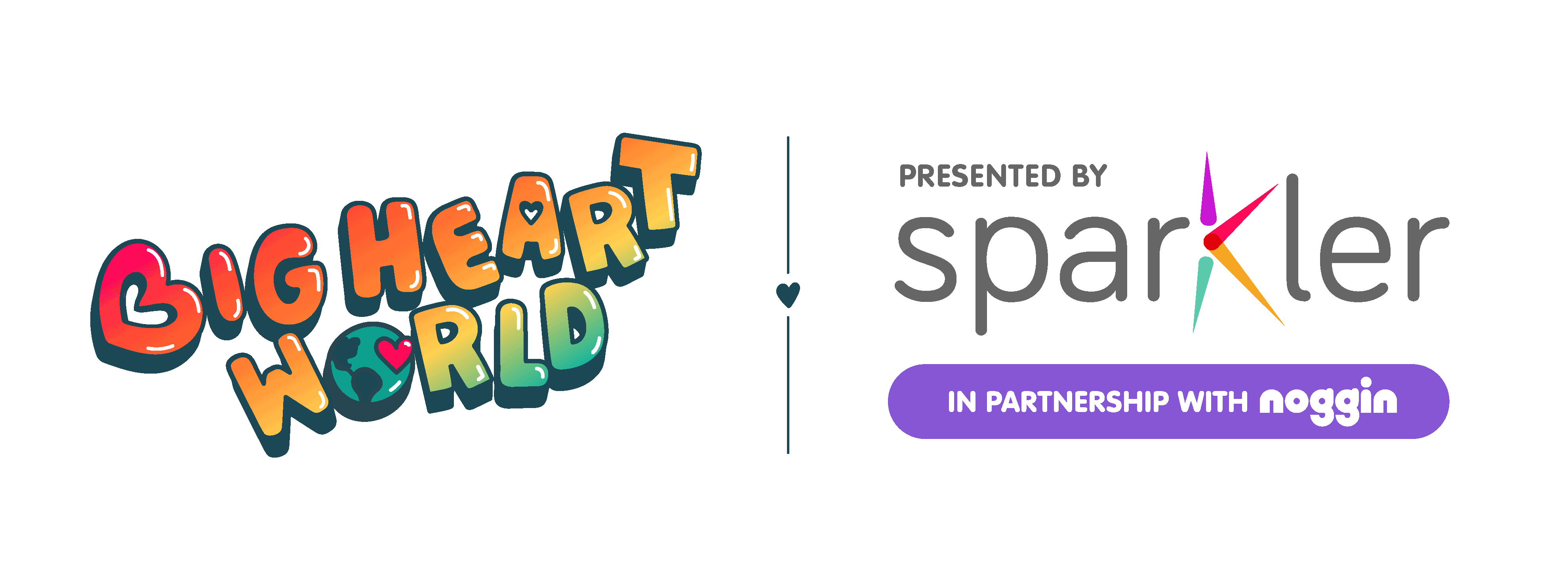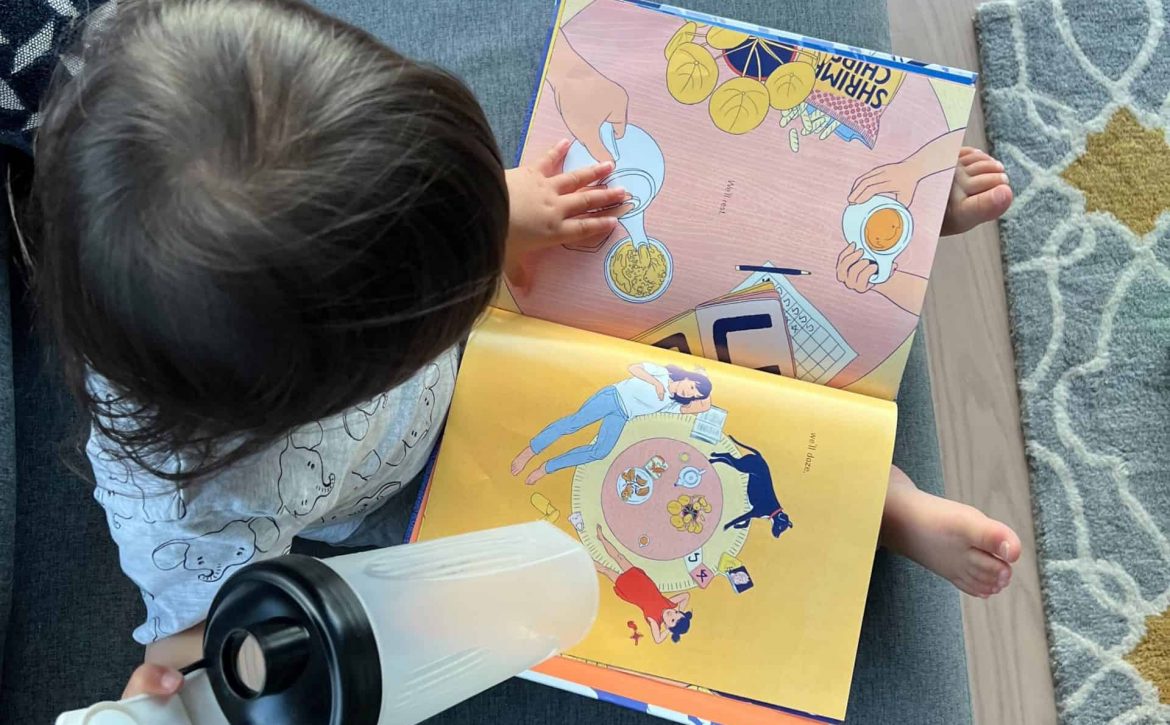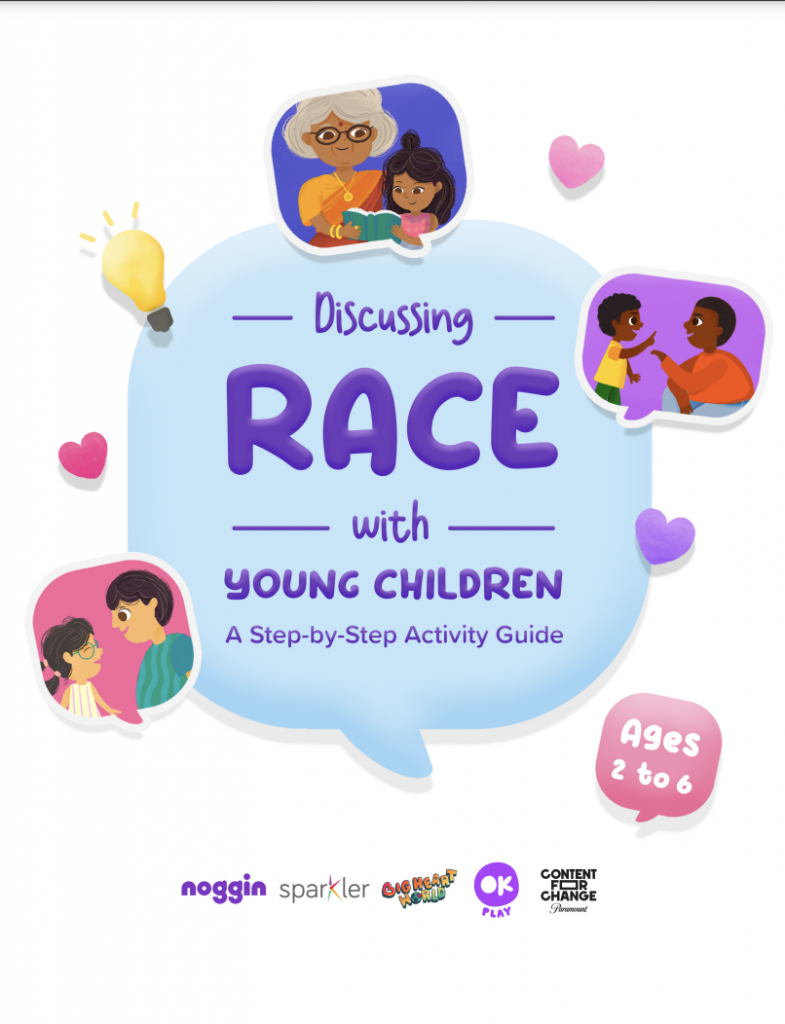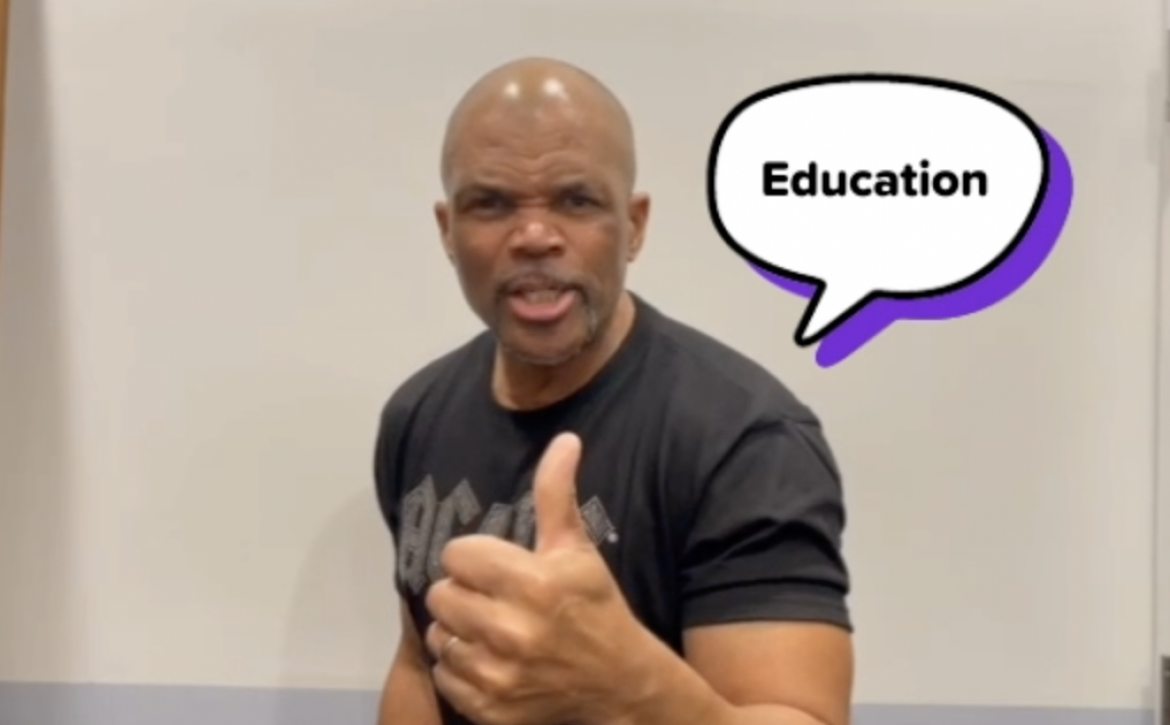Parenting with a Big Heart: Starting Small to Think Big
I Am a 'Detective' to Answer My Kids' Big Questions
When my kiddo turned three years old, his world opened up. He would ask questions like “Where are the dinosaurs?” … “Will I grow taller than the trees?” … “Who is Grandpa’s Grandpa?”
The world provides a deluge of information and children’s brains are soaking up every single drop. The best part is being by his side to discover answers together. I like to prompt him with questions or challenges in response to his questions, such as: “Have you heard of an asteroid?” or “Let’s go outside and see how tall trees are” or “You’ll need to talk to grandpa about that.”
We are like detectives, solving all the questions the world has to offer.
COVID Made Me Question This Approach
When the world shut down because of COVID-19 and some people mistakenly blamed Asian Americans as the cause of the pandemic, I felt our world get smaller.
My instincts were to shield my children from this rhetoric. We made careful choices on where we should go as a family. Even so, on a walk in a nearby park, people shied away from our family.
My “detective” status felt revoked as I struggled to begin thinking about how to communicate the issues of bias and racism to my kids.
I Researched to Think About How to Respond
With a researcher’s mindset, I dug into reading research, articles, webinars and books (anything!) I could find on how to talk to kids about race and racism.
From what I read and heard, I knew that I should talk about racism early because research shows that even three year olds in the U.S. associate racial groups with negative traits.
I knew that I should affirm their identity and make them proud to be third generation Chinese-Americans. I knew that it would involve life-long conversations. I knew all of these things — and yet, I had no idea where to start. I was nervous to do it wrong.
My Child Led the Way
While reading a book one night, my three-year-old said to me, “That person’s skin is different than mine, but that’s OK!”
I was surprised because previous attempts to discuss skin color were met with more neutral responses. But there he was, starting the conversation. I picked up where he left off and we discussed other ways people are both similar and different.
It felt like a win!
We’ve since had more conversations and “solved” more questions like “What is melanin?” “Who are some Asian Americans who fought for civil rights?” and learning our own history, finally figuring out who “Grandpa’s grandpa” is and being proud of our own roots.
There are so many questions ahead of us.
For us, the concepts are small but the ideas are big. I hope that for parents who want to start the conversation on big topics like race or racism, they can start small, like appreciating each other for what makes us different and the same.
Visit our interactive guide for parents and caregivers to use with children (about aged 2-6) to discuss identity, similarities and differences, race and racism. It’s here: www.BigHeartWorld.org/DiscussingRace.



